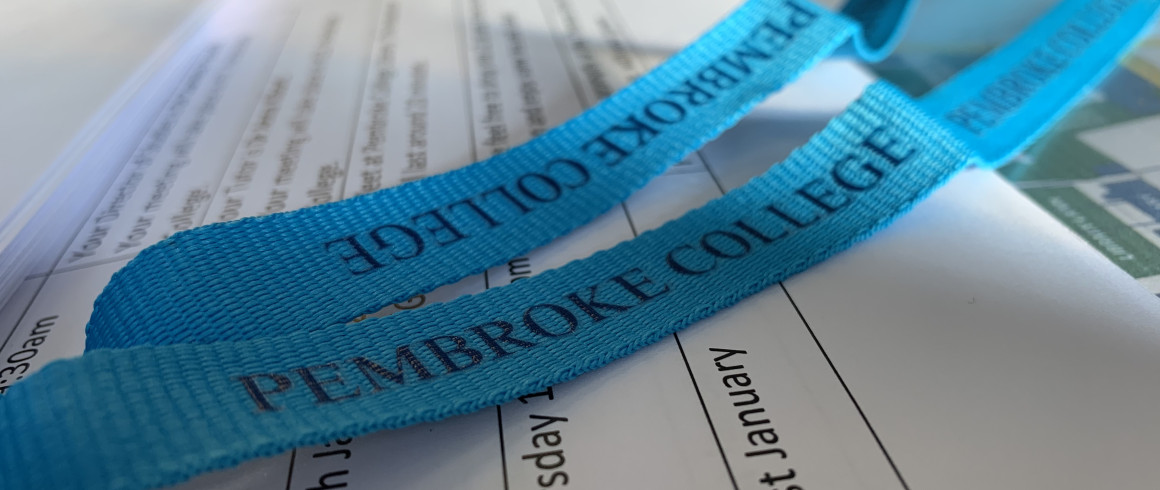Negotiating Peace in a Changing Conflict Landscape
Ms Emmah Wabuke and Ms Lyn Kouadio
The conflict environment in which peace mediators operate has changed considerably since the end of the Cold War. The discrete Cold War conflicts between a state and a major political rebel group, each backed by a Cold War power, have fragmented into localised, urbanised and criminalised conflicts of the kind we see in Syria, Afghanistan, Mali, and South Sudan today. At the same time, peace mediation as a field has become increasingly professionalised and standardised through the international codification of peace mediation norms and techniques of peace process design. The first part of the course considers how the process design tools, concepts of conflict analysis and norms underpinning ‘peace mediation’ are evolving to negotiate peace in increasingly complex intra-state conflicts.
The second part focuses on the overlapping and often contradictory values and objectives that underlie contemporary peace-making. Lectures discuss the interplay of the key concepts of peace, security and justice in peace processes, highlighting debates about trade-offs between security and justice in the interests of ‘peace’. Drawing on concrete peace processes and peace agreements as case studies, we also trace the adaptation of key thematic areas of conflict resolution that engage the peace-security-justice nexus, including transitional justice, human rights, and power-sharing, to new conflict contexts.
The third part of the course situates peace processes in the context of broader issues in IR, including the changing geo-politics of the international order, the declining influence of the UN and liberal norms, and the role of violent non-state actors and civil society in state governance in a fragmented world order. The course will draw on the lecturer’s experience as a policy and legal adviser on peace negotiations for the Australian foreign service and international non-governmental organisations.
Intended Audience
This course is suitable for anyone interested in specialising in the field of peace and conflict resolution as well as those seeking a more general understanding of politics and international affairs.
Previous Knowledge
No previous knowledge or experience of conflict resolution is required.
Transferable Knowledge and Skills
The tools of conflict analysis and conflict resolution can be transferred to a range of legal, political and social policy settings outside of the international context.
Ms Emmah Wabuke
Emmah Wabuke is currently enrolled as a PhD Candidate at University of Cambridge Centre for in Gender as a Gates Cambridge Scholar where she primarily researches on reintegration of women returnees from terrorist groups. She also has experience conducting in-depth research works on varied human rights issues, including, women, peace and security, reproductive justice, criminal justice reform and sexual and gender-based violence. She is a qualified lawyer and holds a Bachelor of Laws (LL.B) from the University of Nairobi and a Master of Laws (LL.M) from Harvard Law School.
Ms Lyn Kouadio
Lyn Kouadio is an Ivorian PhD candidate in Politics and International Studies at the University of Cambridge where she is a Cambridge Africa Scholar. Her doctoral research interrogates the politics of Africanising transitional justice and her wider research interests lie in International politics and its associated knowledge production, transnational justice and Black Francophone politics and thought. Before coming to Cambridge for her MPhil and PhD, Lyn completed her undergraduate degree in Political Studies at the Kwame Nkrumah University of Science and Technology in Ghana.
